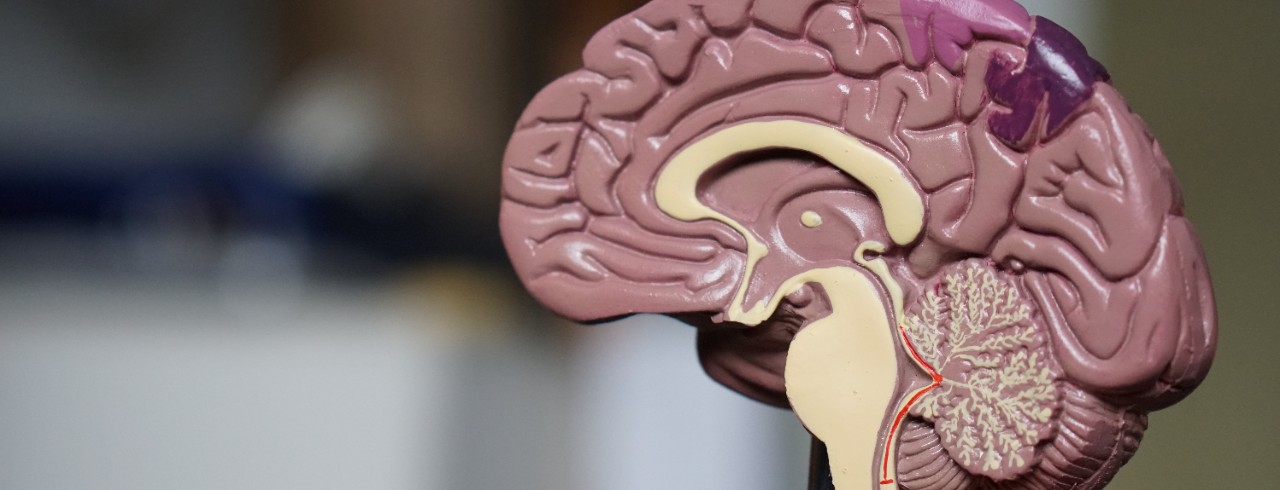
Business Courier: UC startup gets investment to advance trials
Sense Neuro Diagnostics’ technology can detect, monitor damage to the brain
A startup founded by four University of Cincinnati physicians has raised approximately $10 million in funding, including a recent $250,000 investment from St. Elizabeth Healthcare, the Cincinnati Business Courier reported.
Medtech startup Sense Neuro Diagnostics is developing noninvasive devices to monitor traumatic brain injuries and detect brain hemorrhage or different stroke types. The investment from St. Elizabeth Healthcare will help advance clinical trials for the technology.
“Our technology has the potential to be a total gamechanger for emergency rooms and hospital staff who treat people with traumatic brain injuries and stokes every day,” Geoff Klass, CEO of Sense Neuro Diagnostics, said.
Sense Neuro Diagnostics’ technology can collect 360 data points in 2.5 seconds. More than 20 sites in the United States, Canada and India are conducting trials of the startup’s in-hospital device while five sites are evaluating its military field device.
Read more in the Business Courier.
Featured image at top courtesy of Unsplash.
Impact Lives Here
The University of Cincinnati is leading public urban universities into a new era of innovation and impact. Our faculty, staff and students are saving lives, changing outcomes and bending the future in our city's direction. Next Lives Here.
Related Stories
UC student leads effort to clean up campus adjacent Coy Field
April 7, 2021
Karthikeyan Sakthivel, a senior medical sciences undergraduate at the University of Cincinnati, has adopted Coy Field in an attempt to keep the green space clean and ready for use by UC students, area high schoolers and the community. Sakthivel is planning another cleanup event for Coy Field, which is adjacent to the university campus.
Finding community and building a future
July 9, 2021
As a University of Cincinnati College of Medicine student, Sarah Appeadu, MD, ’21, remembers journaling on the “3 Cs” that got her through medical school: Community, community, community. Now, when she lists the people who supported her through four years of training—the last year in a global pandemic—it keeps growing: her family, her church, her classmates, and the college’s Office of Student Affairs and Office of Diversity, Equity and Inclusion. “I look back and it was such a crucial time to really be nurtured in that way,” she says. “I’m so thankful that I had those people. It shows being around the right people really mattered. That’s my same hope for residency even.”
New York Times: Flint Weighs Scope of Harm to Children Caused by Lead in Water
February 1, 2016
Kim Dietrich, a professor of environmental health at UC's College of Medicine, is quoted in this story on the medical problems that could develop among the thousands of young children exposed to lead-contaminated water in Flint, Mich.
